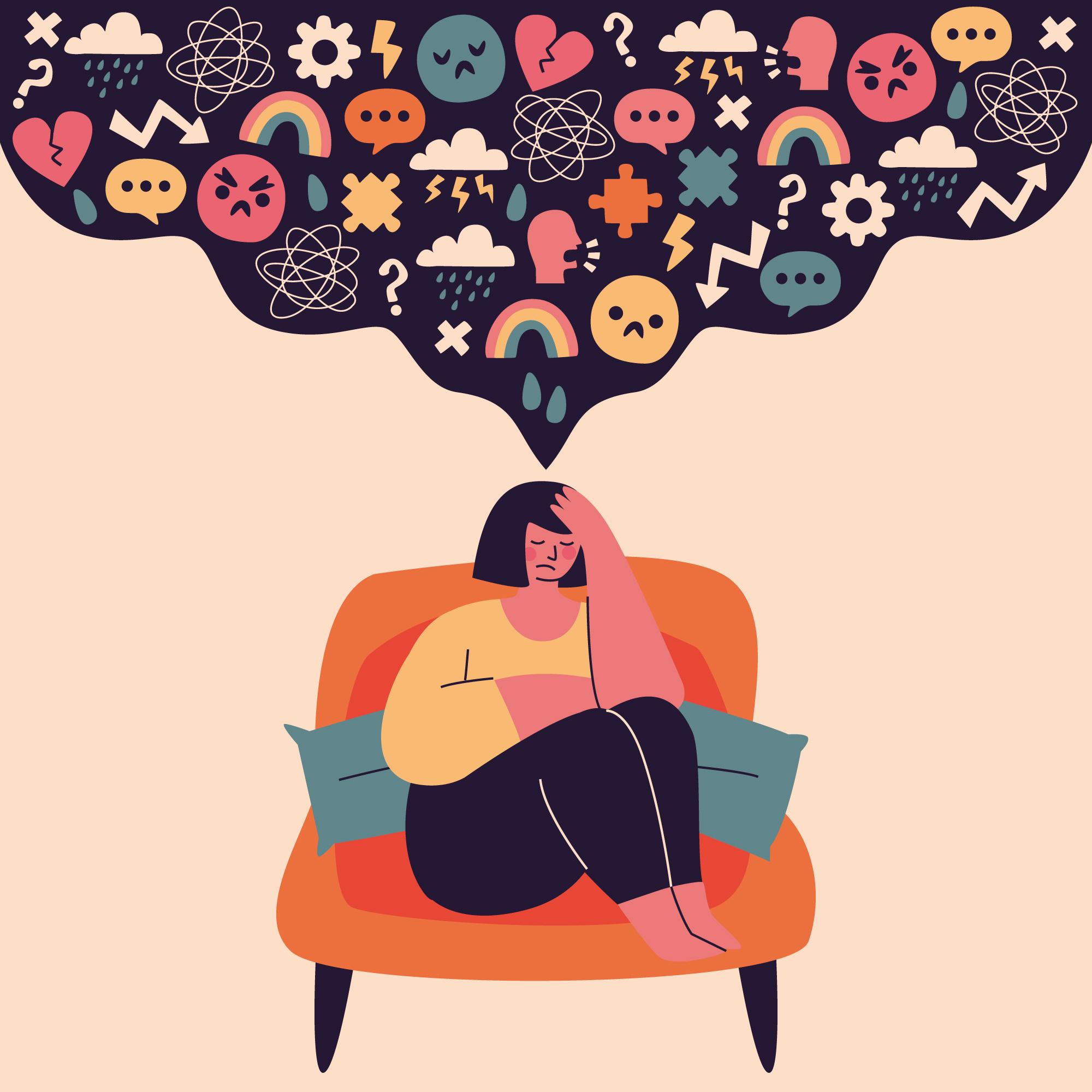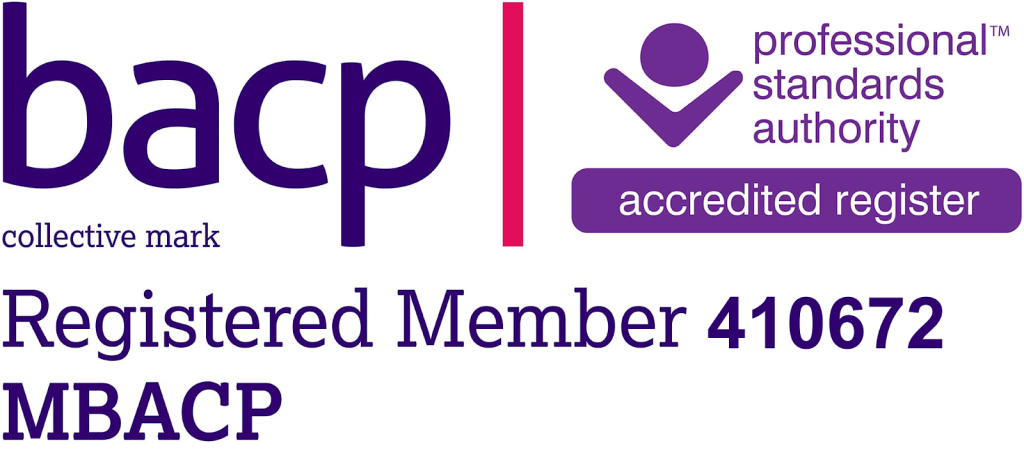Dyslexia is a unique way of processing language, not a reflection of intelligence or ability. While it can make reading, writing, and spelling more challenging, it also often comes with incredible strengths – creativity, problem-solving, and thinking outside the box. Whether you or someone you love has dyslexia, understanding its impact can open the door to greater self-acceptance, confidence, and success.
What Is Dyslexia?
Dyslexia is a neurodevelopmental difference that affects the way the brain interprets written and spoken language. It’s lifelong, meaning it doesn’t go away, but with the right tools and support, individuals with dyslexia can thrive in school, work, and daily life. Some common challenges include:
- Difficulty recognizing words and letters
- Struggles with reading fluency and comprehension
- Spelling and writing difficulties
- Challenges processing spoken language
But dyslexia isn’t just about what’s difficult, it’s also about unique strengths. Many individuals with dyslexia excel in creative problem solving, storytelling, and thinking in ways that others might not. Embracing these strengths can be a powerful part of the journey.
The Emotional Side of Dyslexia
Living with dyslexia isn’t just about academics or work. It can have a deep emotional impact. If dyslexia isn’t recognised or supported, it can lead to:
- Low Self-Esteem – Struggling in school or at work without understanding why can create feelings of inadequacy.
- Anxiety and Stress – Keeping up with reading-heavy tasks can be overwhelming, leading to chronic stress.
- Depression – Feeling misunderstood or unsupported can result in isolation and discouragement.
- Social Challenges – Fear of being judged may lead to avoiding situations where reading or writing is required.
These feelings are valid, but they don’t have to define the experience of dyslexia. With support, individuals can build confidence, resilience, and self-advocacy skills.
How Therapy Can Help
As a therapist, I see dyslexia as more than just a learning difference—it’s an experience that shapes self-perception, confidence, and emotional well-being. Therapy can be a space to:
- Encourage Self-Advocacy – Helping individuals recognise their strengths, communicate their needs, and feel empowered in school, work, and relationships.
- Reframe Negative Self-Talk – Shifting the internal narrative from “I’m not clever enough” to “I learn differently, and that’s okay.”
- Manage Stress and Anxiety – Using mindfulness, relaxation techniques, and organisation strategies to reduce frustration.
- Connect with Helpful Resources – Whether it’s assistive technology, specialised tutoring, or workplace accommodations, having the right tools can make a big difference.
Supporting a Loved One with Dyslexia
If you have a friend, child, or family member with dyslexia, your support can be life-changing. Here are some ways to help:
- Be Patient and Encouraging – Recognise their strengths and celebrate progress, no matter how small.
- Educate Yourself – The more you understand dyslexia, the better support you can offer.
- Advocate for Accommodations – Schools and workplaces often provide resources like audiobooks, speech-to-text software, and extra time on assignments.
- Focus on Their Strengths – Dyslexic individuals often excel in creativity, problem-solving, and big-picture thinking. Celebrate what they do well.
Thriving with Dyslexia
Dyslexia isn’t a limitation—it’s a different way of processing information. With understanding, the right support, and self-compassion, individuals with dyslexia can succeed in school, careers, and personal life. If you or someone you know is struggling with the emotional impact of dyslexia, therapy can be a powerful tool in fostering resilience, confidence, and self-acceptance.
You are not alone, and with the right support, you can thrive!






